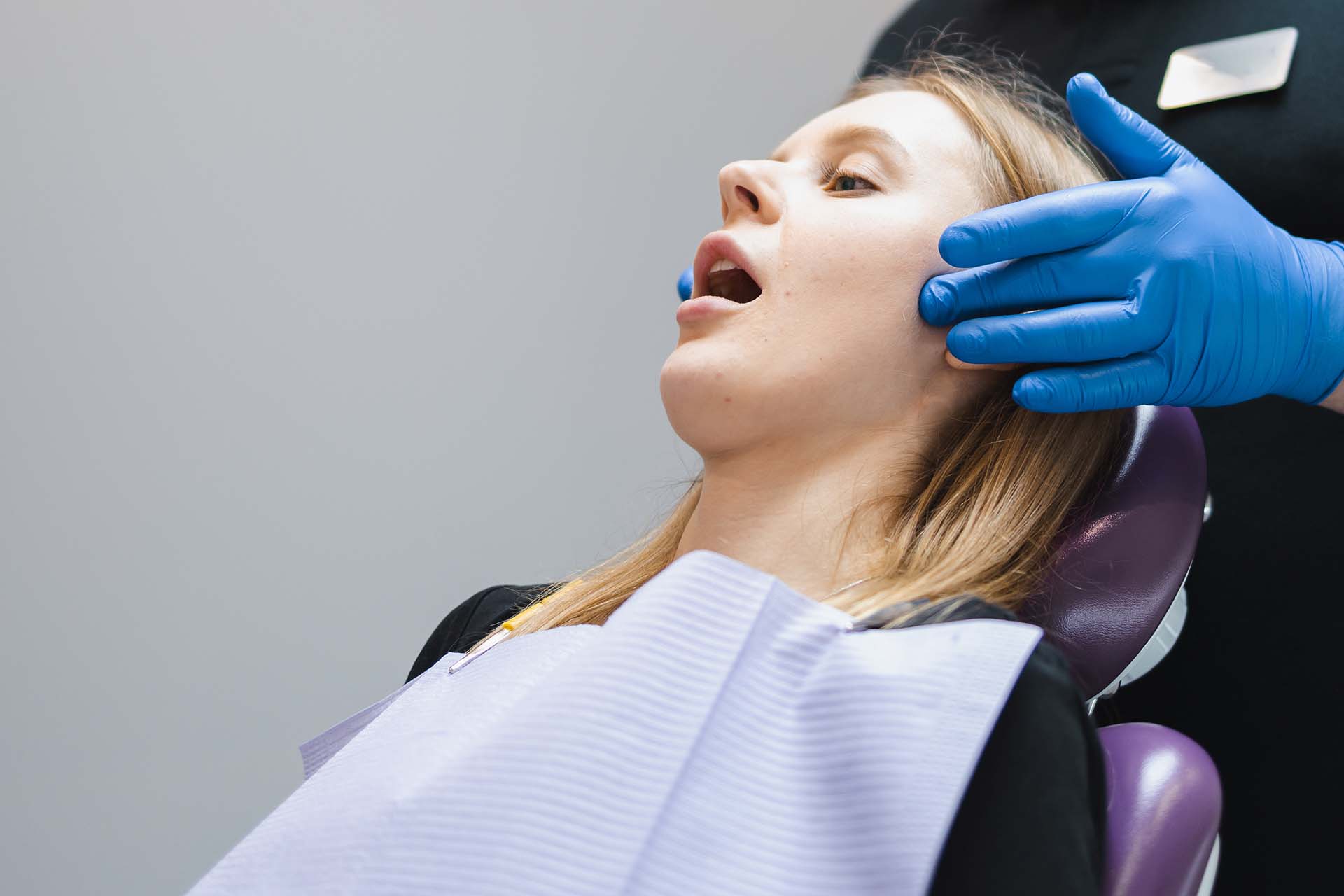The Complete Guide for TMD (TMJ)
Temporomandibular joint disorder, often referred to as TMD, is a painful and aggravating condition that has different effects on each sufferer. It can feel impossible to treat, with no one definitive cure. Plus, the recovery process is slow-moving. Our orthodontic specialist, Dr. Stefen Lippitz, wants to help ease your frustration by discussing the basics of this disorder. With commitment and patience, TMD symptoms can be well-managed or even entirely healed.

What is TMD?
TMJ is the abbreviation for the temporomandibular joint, which is a hinge that connects your lower jawbone to the base of your skull. It allows your jaw to move up and down, side to side, and rotate, so you to talk, chew, and yawn. Problems with the TMJ are called TMD. Because it’s one of the most-used joints in the body, inflammation to the tendons and muscles can be incredibly painful and impact everyday activities.
Causes
The exact cause of a person’s TMJ disorder is often hard to pinpoint. Anything that causes tension in the jaw and temporal muscles or negatively impacts the joint can lead to issues with the TMJ. There are typically a number of coinciding factors that lead to the disorder and pain. These could be an injury to the neck or jaw, grinding or clenching of teeth, arthritis, improper bite alignment, poor dentistry, or stress.

Symptoms
The symptoms of TMD manifest in people differently. Common indicators include pain around the jaw, cheeks, ears and neck, headaches or migraines, jaw stiffness, a popping jaw, inability to completely open the jaw, or pain chewing.
These symptoms can be temporary, lasting only a few weeks, or span years. Women are three times more likely than men to develop TMD, and it’s most common among people between the ages of 20 and 40. However, some struggle with TMD throughout their entire lives.
Lippitz Orthodontics Can Help
TMD is a complicated disorder with many possible causes and symptoms. Lippitz Orthodontics knows how frustrating this condition can be, and we want to help you manage it. If you’re experiencing any of these symptoms or you think you may have TMD, schedule a free consultation with our trained orthodontist, Dr. Lippitz, in Chicago, Northbrook or Glencoe, IL. We can help diagnose your condition and develop the best treatment plan for relief.
